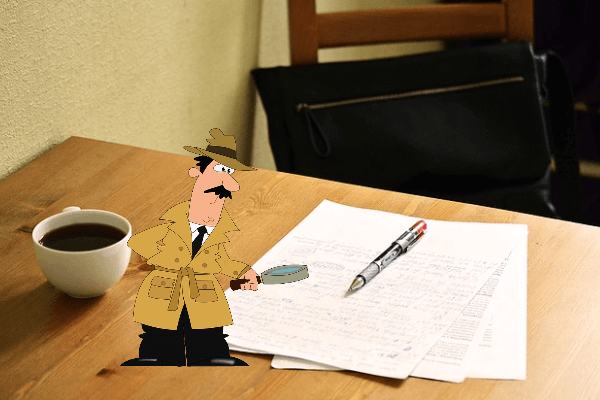
There has been a lot of discussion about choosing an editor on some of the FB writer’s groups lately. It seems many writers have paid good money for editing only to be let down and be left with a manuscript that was still riddled with grammar, spelling, and punctuation errors.
All my current clients have experienced this phenomenon prior to coming to me. One told me her novel went to print with eleven instances of the word shoot in place instead of chute. Some may ask, why didn’t the author herself notice it? Well, not only did she and the editor miss it but also several beta readers. It’s one of those things that only a nitpicker like myself would find.
Choosing an editor to entrust with your manuscript is not an easy task. Now if it happens to be someone who knows you personally and offers to do it for free or very cheaply, then you might go ahead and take a chance. The worst that could happen when they’re done with it is you will need to hire a professional to do it right.
Here are some things to consider when trying to make the correct choice of an editor:
- Get a sample edit. Most editors will do a 2 or 3-thousand-word sample for you. This will give you an idea of their methods and very quickly give you an idea if the two of you are compatible.
- Ask for references or testimonials from previous clients. Try to get the opportunity to chat with one or two directly or at least some questions by email. Many editors have client testimonials on their website. Oh, and by the way don’t hesitate to supply such a testimonial if you find an editor that does a good job for you.
- If possible ask for a list of recent books the editor has worked on. The more recent the better on the theory that they are always improving. You do not even need to purchase the books if they’re published on Amazon. You can get a good idea of the quality with the Look Inside.
- Of course, the rate the editor is asking for should be fair in relation to others. The most expensive isn’t necessarily the best. Price can be an indicator but don’t forget your goal is to make a profit on your book someday.
- Education is not always the best indicator. Yes, a degree in English or two may make you feel more confident but there are almost as many lazy college graduates as there are non-degreed editors.
- There are some good first-time editors out there. We all have to start sometime. Just be wary that they aren’t so new they’ll name any price because they’re desperate for the work, or so busy they’ll rush the job just to get on to the next one.
Keep in mind not all editors work the same way. Some will get you to sign a contract, take your deposit and disappear for a couple of weeks or months You won’t hear a word from them until they’re finished. Others, like myself, will want almost daily contact to clarify things as they go. Decide in advance which method you would prefer and make your selection accordingly.
The important thing is that your editor-to-be should love the English language, be conscientious about their work, and care about the end result as much as you do.
[amazon_link asins=’022629997X’ template=’ProductLink’ store=’eyeeditbooks’ marketplace=’US’ link_id=’86adef69-8fa2-11e8-b9d9-c79cbc3332f5′]

Leave a Reply